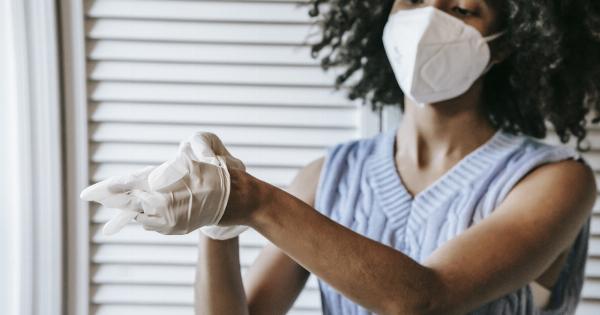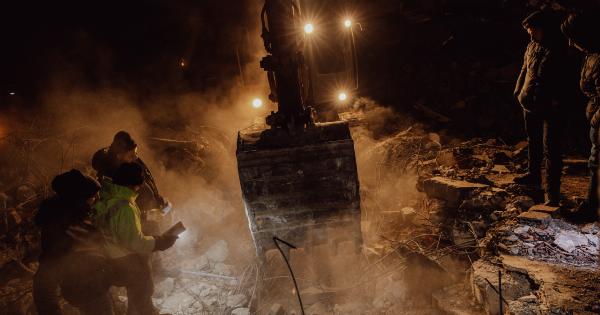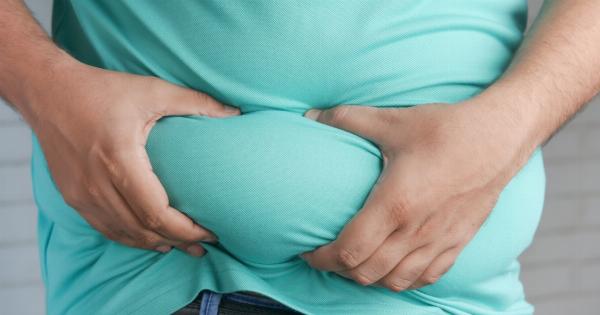Coffee is one of the most popular beverages worldwide. It is consumed by millions of people every day, and it is also one of the most studied drinks in history.
Many studies have looked at the effects of coffee on health, and some have suggested that coffee may be linked to certain types of cancer. But is there really a connection between coffee and cancer? And if so, who is at risk?.
What the Research Says
There have been many studies on the relationship between coffee and cancer, and the results have been mixed.
Some studies have suggested that coffee may have a protective effect against some types of cancer, while others have linked coffee consumption to an increased risk of certain cancers.
In 2016, the International Agency for Research on Cancer (IARC) evaluated the potential carcinogenic effects of coffee.
Based on the evidence available at the time, the IARC concluded that there was “inadequate evidence” to determine whether coffee could cause cancer or not. However, they did note that there was “some” evidence to suggest that coffee could protect against liver and endometrial cancer.
Types of Cancer Linked to Coffee Consumption
Research has suggested that coffee consumption may increase the risk of the following types of cancer:.
- Bladder cancer
- Breast cancer
- Colon and rectal cancer
- Esophageal cancer
- Gastric cancer
- Pancreatic cancer
- Lung cancer (in smokers)
Who is at Risk?
It is difficult to determine exactly who is at risk of developing cancer as a result of coffee consumption.
However, some studies have suggested that people who consume large amounts of coffee may be at a slightly higher risk than those who drink coffee in moderation.
There may also be a genetic component to the relationship between coffee and cancer. For example, some people may have a genetic variant that makes them more sensitive to the carcinogenic effects of coffee.
How Much Coffee is Safe to Drink?
Currently, there is no clear consensus on how much coffee is safe to drink. However, it is generally recommended that adults consume no more than 400mg of caffeine per day. This is approximately equivalent to four cups of coffee.
It is also important to note that coffee is not the only source of caffeine in our diet. Many types of tea, as well as some soft drinks and energy drinks, also contain caffeine.
Therefore, it is important to consider our overall caffeine intake when evaluating the safety of coffee consumption.
Other Factors to Consider
When evaluating the relationship between coffee and cancer, there are many other factors to consider.
For example, smoking is a major risk factor for many types of cancer, and studies have suggested that coffee may increase the risk of lung cancer in smokers. Similarly, a diet high in red and processed meats has been linked to an increased risk of colon cancer, and coffee consumption may exacerbate this risk.
It is also important to consider the method of coffee preparation. Some methods, such as French press and espresso, can result in a higher concentration of potentially harmful compounds in the coffee.
Therefore, it may be safer to stick to methods such as drip brewing, which result in a lower concentration of these compounds.
Conclusion
While some studies have suggested a link between coffee consumption and certain types of cancer, the overall evidence is inconclusive.
It is important to consider our overall lifestyle and dietary habits when evaluating our risk of cancer, and to approach coffee consumption in moderation. At present, it appears that moderate coffee consumption is safe for most people.
However, as with all aspects of our health, it is important to consult with a healthcare provider if you have any concerns about your coffee consumption or overall cancer risk.






























